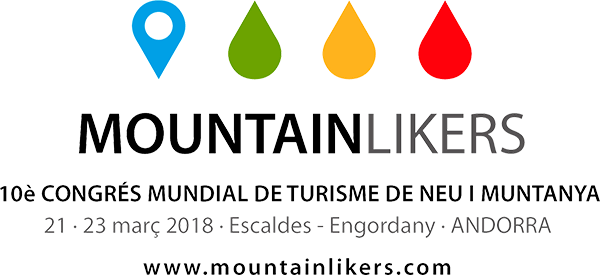The social responsibility of the journalist's job (II)
I wanted to title these first posts of the 2016 The social responsibility of the journalist's job. The title could have been The social responsibility of the journalist, without mentioning that it is a job. But it satisfies me, especially, that the job of our work is valued.
Sometimes, we the journalists have the temptation to think that we are beyond good and evil, protected by what somebody baptized as the Fourth Estate. In fact, any authority can become dangerous when it assumes its impunity. Surely, some have forgotten that the journalistic practice in the press, in the radio, in the television or through the network, is just a job that actually has a social transcendence and that its transcendence has to go parallel to the social responsibility of its exercise. Therefore, as the job that it is, it has to respect determinate game rules. And it's not always like this.
The exercise of journalism has to be accountable to the society, to the public opinion. As any mechanic, doctor or plumber. All jobs have a clear social responsibility. None can be practiced from the giddiness, the lie or, as I underlined before, the impunity. And none of them can pretend to invade competitions of other jobs, something we would call intrusiveness and that in the case of journalism can result especially grievous. I'm referring to that moment when a journalist has a specific interest to occupy a field not suitable for him such as the justice or the politics. When a journalist wants to supplant a judge or a politician, taking advantage of the strength that has the information in order to change the status quo for generally shameful purposes.
Therefore, I indulge myself to vindicate, before anything, the job of the journalist. And this claim also implies to know how and in which conditions this job is executed. Knowing how and in which conditions somebody works can be illustrative in order to understand why some things happen.
In journalism, the information has to be understood as a social good and not as a simple product. It means that the journalist shares the responsibility of the transmitted information. The journalist is, therefore, responsible not only in front of those who dominate the media, but also, and foremost, in front of the general public, considering the diversity of social interests. It's written in the International Principles of Professional Ethics in Journalism and it's what it should be.
However, since a long time ago, the media (and journalists) has stopped intermediating in order to become the main characters of social scenario. Today the opinions of the communicators tend to be a reference point because when citizens are conforming his own ideas about topicality.
The globalization and the ephemeral character of information have also contributed to a certain looseness regards informative responsibility. Let me explain. The globalization of communication often makes us concern more about what it's happening a million miles away, while we are paradoxically blind in front of what is happening around us. What kind of responsibility can we assume when most of the information that gets to us is half checked and none of us have had the occasion to be in the scene?
Another trait of the media information is its ephemeral nature. Today journalism is distinguished by its capacity to explain what happens in a limited temporary space, while it should be recognized by his contribution to the reflection of the daily context. But the concepts of today or now have been finally imposed above all. Many times journalists do not have neither sufficient elements nor sufficient time to contrast the information, but these today and now force us to build the information giving importance to events that don't deserve it.. Thereby, it's being established and informative agenda in which the apparently relevant issues are not seen as important.
Today, the huge amount of information we have access to moves us away of knowledge and confuses us. It is a paradox: we have never had so much information as today... and we have never had such a low level of knowledge about what is happening. And we journalists and the media people have also a big responsibility for this.
I'm talking, especially, about those media we can already consider as traditional: press, radio and television. I leave aside the network, Internet, where the information is instantaneous; it's the continued and permanent information, the one which never stops and tends to get bigger constantly. An informative commodity -if I may use this expression which I may reuse later- that in the case of digital media, constantly undergo a huge amount of comments, protected by anonymity, that express opinions that generally are not worth reading.






















